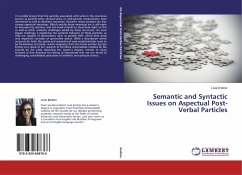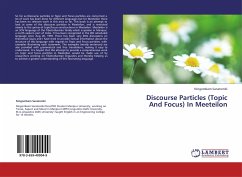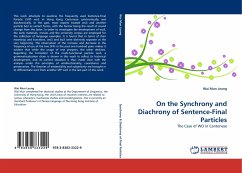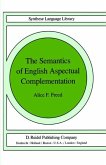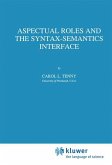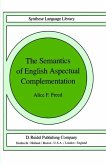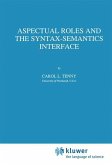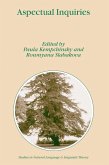It is widely known that the particles associated with verbs in the structures known as particle verbs, phrasal verbs, or verb-particle constructions, have directional as well as idiomatic meanings. However, these particles can also convey aspectual meanings. Which exactly those meanings are is still open to discussion by scholars, and this book intends to shed some light on this as well as other semantic challenges posed by these structures. An even bigger challenge is explaining the syntactic behavior of these particles, as they are capable of phenomena, such as particle shift, which defy some very important concepts of generative syntax. While a description which accounts for both the syntax and semantics of post-verbal particles is yet to be formulated, this book, which originates from the thesis written by Lívia Endres as a result of her research at Pontifícia Universidade Católica do Rio Grande do Sul while obtaining her master's degree, intends to move forward in that direction by hinting at hypotheses that are not afraid of challenging consolidated postulates of semantic and syntactic theory.

